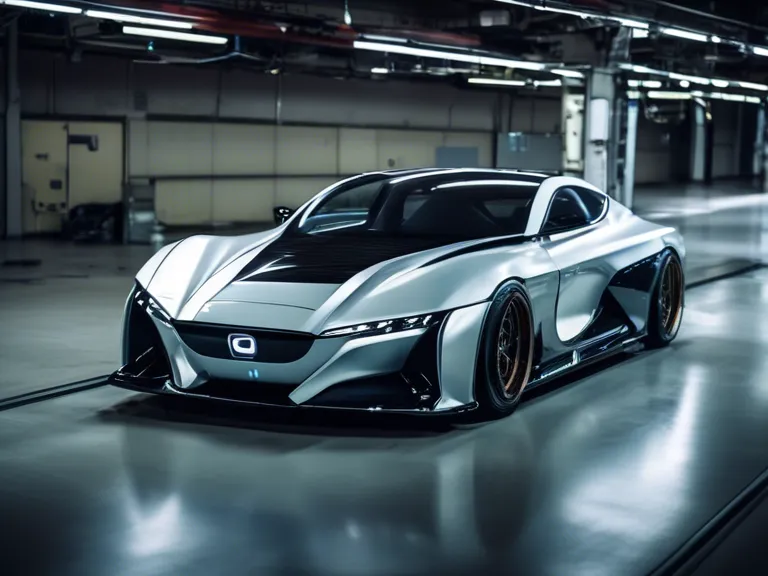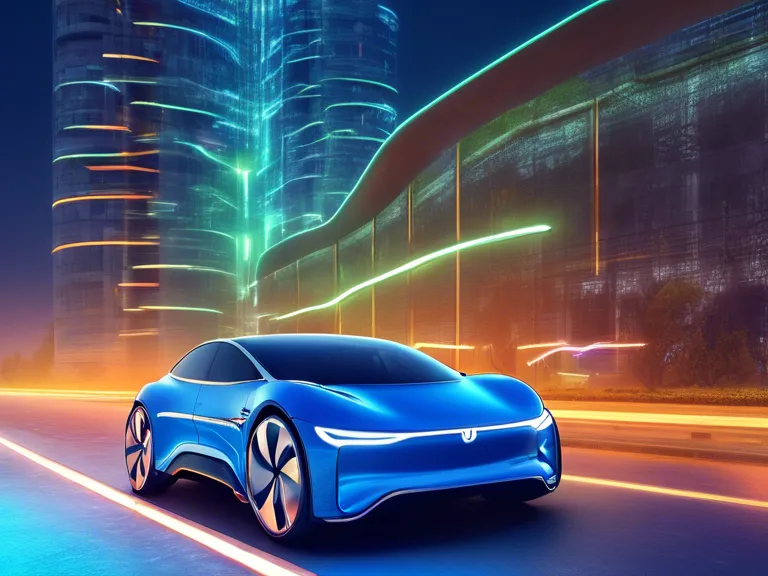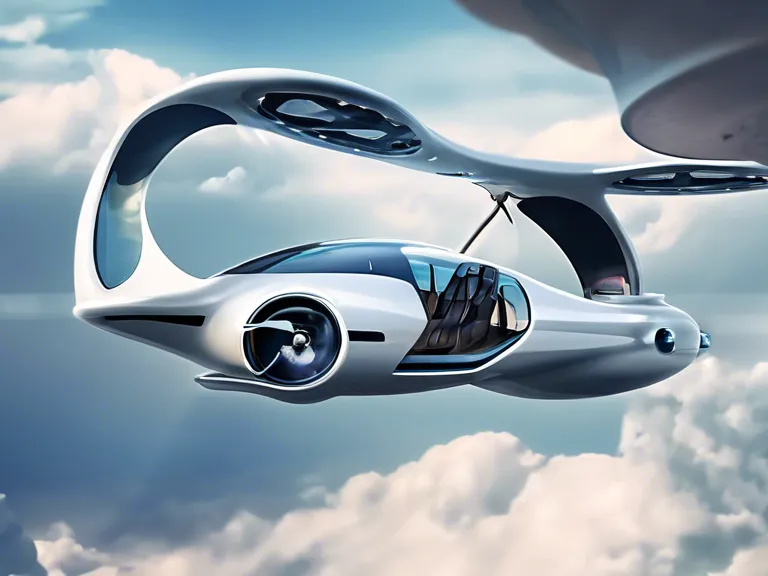
In recent years, the Japanese Domestic Market (JDM) car scene has been evolving rapidly with the influence of new technologies and changing consumer preferences. Electric vehicles have become a key player in shaping the future trends of JDM cars, revolutionizing the way we think about performance, efficiency, and sustainability.
The rise of electric JDM cars can be attributed to several factors. Firstly, the increasing focus on environmental sustainability has pushed automakers to explore alternative power sources. As a result, many Japanese car manufacturers have started to produce electric models that not only offer zero emissions but also provide impressive performance capabilities.
Furthermore, advancements in battery technology have made electric vehicles more practical and accessible for everyday use. The range anxiety that was once associated with electric cars is gradually fading away as new models boast longer driving ranges and faster charging times. This has led to a growing acceptance of electric JDM cars among consumers who are looking for a greener and more efficient driving experience.
Another trend that is shaping the future of JDM cars is the integration of artificial intelligence and autonomous driving technology. Japanese automakers are at the forefront of developing cutting-edge AI systems that enhance safety, convenience, and connectivity in vehicles. From adaptive cruise control to self-parking capabilities, these features are becoming standard in many electric JDM models, making them more attractive to tech-savvy buyers.
In conclusion, electric JDM cars are leading the way in shaping the future trends of Japanese domestic market vehicles. With a focus on sustainability, performance, and innovation, these models are setting new standards for the automotive industry. As electric vehicles continue to gain popularity and technological advancements accelerate, we can expect to see even more exciting developments in the world of JDM cars.



